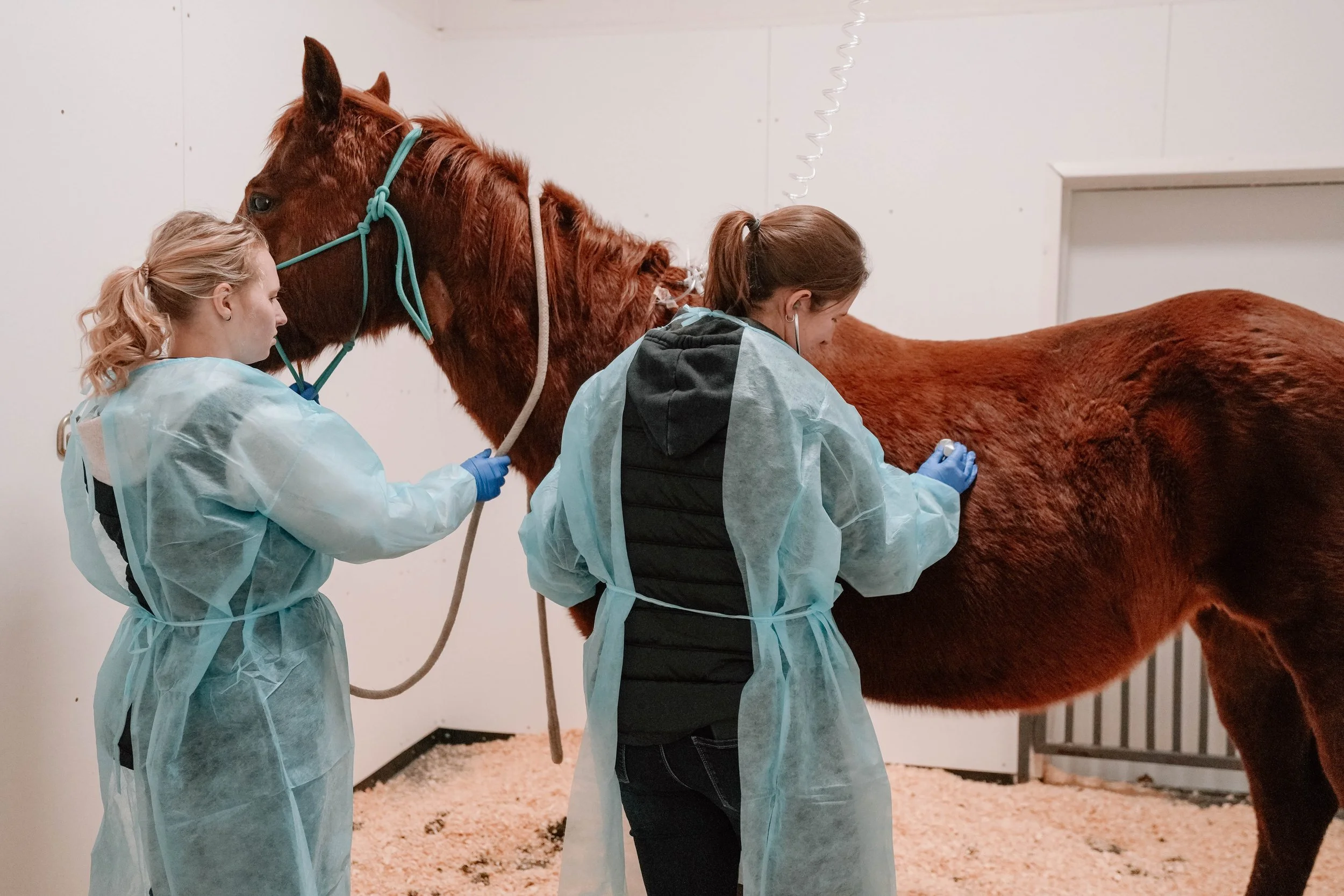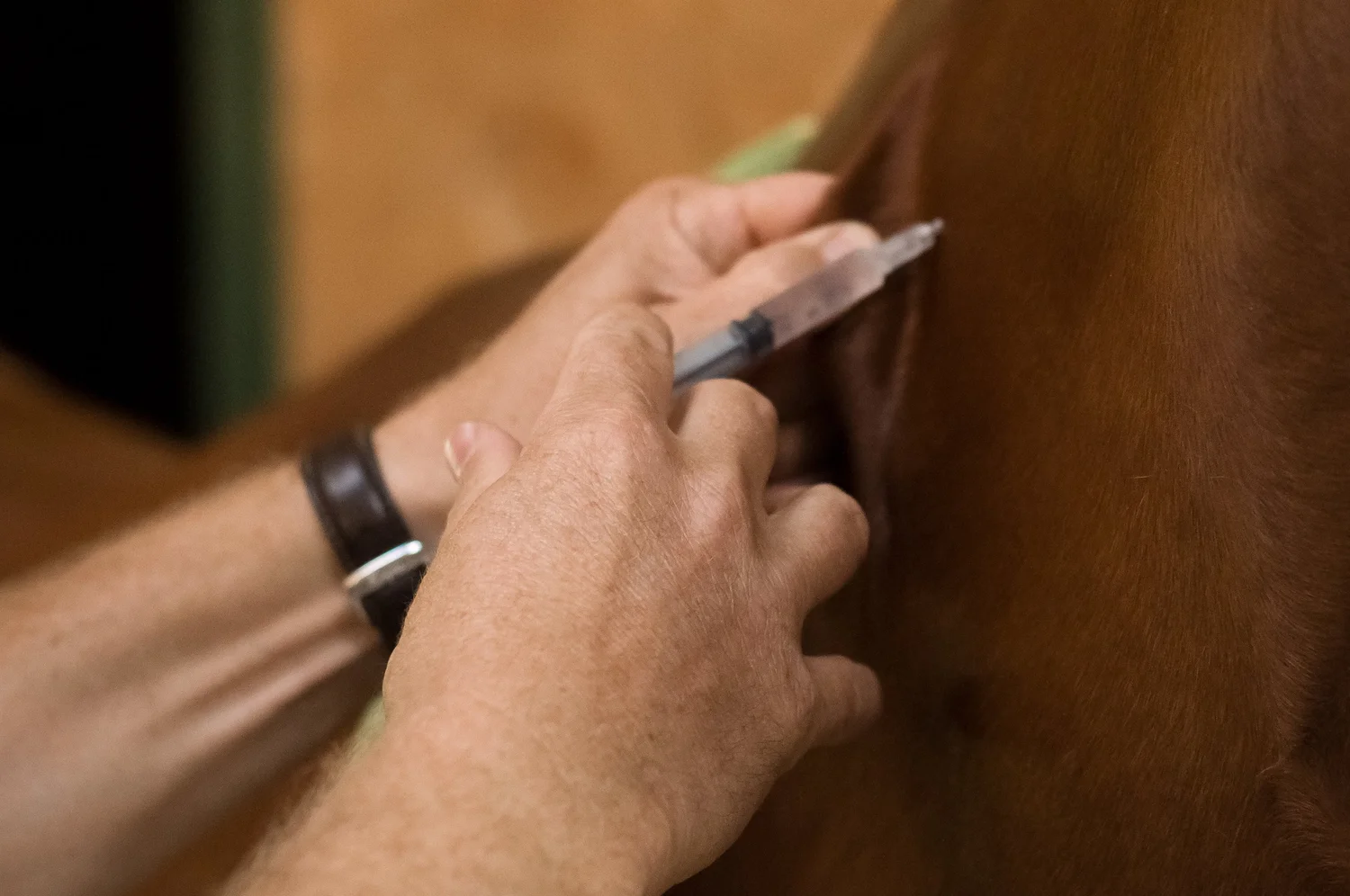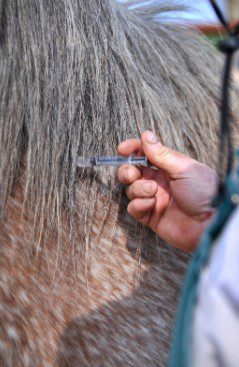Vaccination Reactions: What to Expect in Your Horse

Vaccinating your horse is a crucial step in protecting its health against various infectious diseases. However, like any medical procedure, vaccinations can sometimes cause reactions. Understanding these reactions helps you care for your horse effectively and recognize when veterinary attention is needed.
Common Vaccination Reactions in Horses

Vaccination reactions can range from mild to severe. Most horses experience only minor side effects that resolve quickly.
| Reaction Type | Description | Typical Duration | Management Tips |
|---|---|---|---|
| Localized Swelling | Swelling or lump at the injection site | 1-3 days | Apply cold compress; monitor size |
| Mild Fever | Slight increase in body temperature | 1-2 days | Provide rest and hydration |
| Lethargy | Temporary tiredness or reduced activity | 1-2 days | Allow rest; observe behavior |
| Loss of Appetite | Reduced interest in food | 1-2 days | Encourage feeding; monitor intake |
| Allergic Reactions | Hives, itching, or respiratory distress (rare) | Immediate to hours | Seek veterinary care immediately |
Why Do Vaccination Reactions Occur?
Vaccines stimulate the horse’s immune system to build protection against specific diseases. This immune activation can cause mild inflammation or systemic responses, which manifest as the reactions listed above. These are generally signs that the vaccine is working.
When to Contact a Veterinarian
While most reactions are mild, some require prompt veterinary attention:
- Severe swelling that worsens or spreads
- Difficulty breathing or swallowing
- Persistent high fever (above 103°F or 39.4°C)
- Collapse or seizures
Preventing and Managing Vaccination Reactions
- Ensure your horse is healthy before vaccination
- Follow your veterinarian’s vaccination schedule
- Monitor your horse closely after vaccination
- Keep a record of any reactions for future reference
Frequently Asked Questions (FAQ)
Q1: Can vaccination reactions be prevented?
A: While not all reactions can be prevented, ensuring your horse is healthy and following proper vaccination protocols reduces risks.
Q2: How long do vaccination reactions last?
A: Most mild reactions resolve within 1-3 days without intervention.
Q3: Should I give my horse medication after vaccination?
A: Only administer medications as advised by your veterinarian.
Q4: Can vaccination cause long-term health issues?
A: Long-term complications are rare; vaccines are generally safe and beneficial.
Conclusion
Understanding what to expect after vaccinating your horse helps you provide better care and ensures timely response to any adverse reactions. Always consult your veterinarian if you have concerns about your horse’s health post-vaccination.
